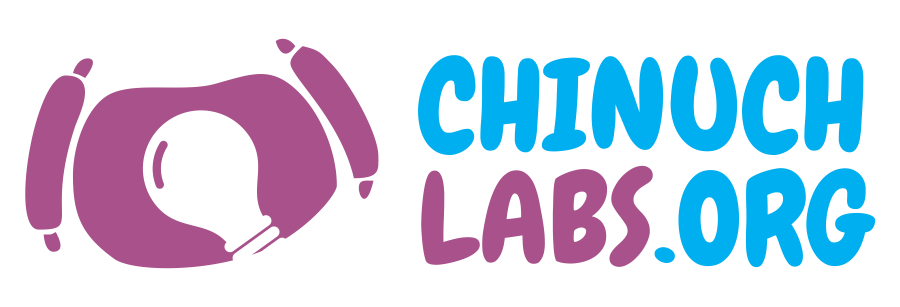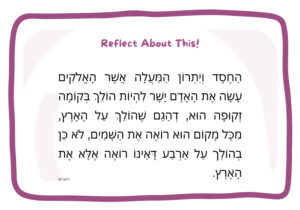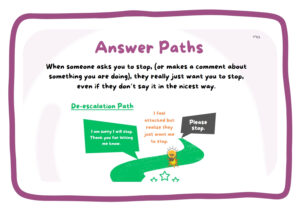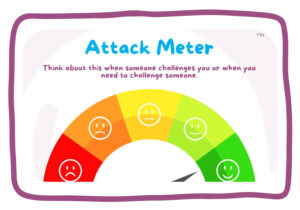We can all live happier and more successful lives if we develop the skills to avoid frustrating others and prevent unnecessary escalation in situations. The opposite often occurs when someone asks us to stop doing something that is affecting or bothering them; instead of stopping, we become defensive and give a comeback answer. Even if our response is true, it still ends up escalating the situation.
For instance, when we ask our kids or students to stop doing something, all we want is for them to apologize and stop the behavior. But, instead of stopping, they may say things like “they did it first,” “they are doing it too,” or “I don’t have to.” These responses lead to escalation and arguments. No one wins.
Rather than negotiating or escalating, let’s teach our children and students not to perceive the comment as an attack. Encourage them to quickly take responsibility and move on, so that everyone can move on without a prolonged debate. This is a healthier social skill for the present (childhood) and will serve them well as adults.
Most adults and children were never taught to simply say, ‘I am sorry. I will stop now.’ and move on. We can change that trend.
Teaching this skill starts with actively teaching this concept. Explaining that people don’t want to attack you; they simply want you to stop because what you are doing is affecting them. Then, in the moment, when our children or students answer back, say something like, ‘I hear what you are saying. Right now, it is important that you stop doing XYZ. The appropriate answer is just to say I am sorry and stop.’ Repeating this script will eliminate arguing and teach a valuable life skill.






